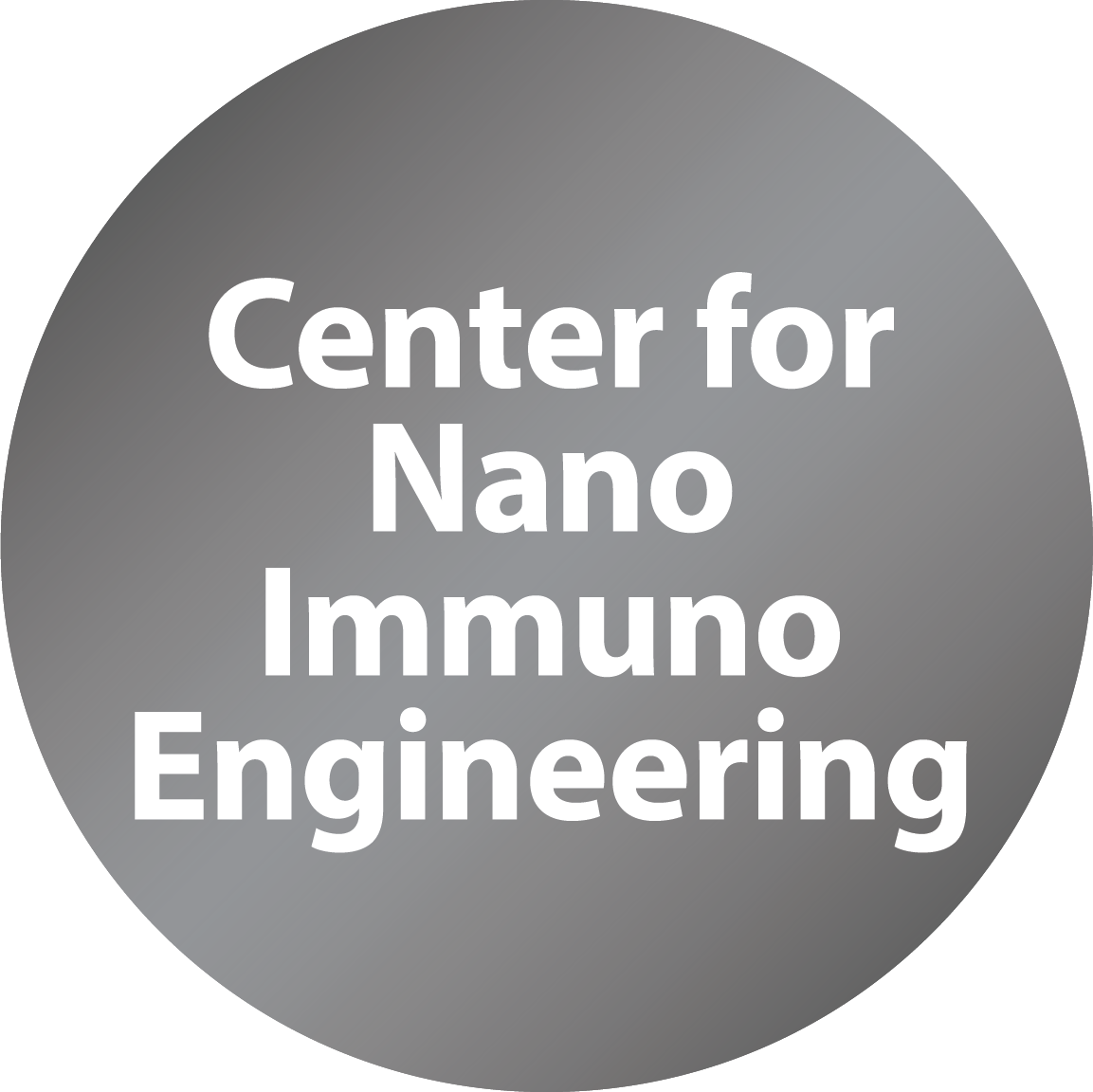Recent News

October 30, 2023
'Plug and Play' Nanoparticles Could Make It Easier To Tackle Various Biological Targets
UC San Diego engineers have developed modular nanoparticles that can be easily customized to target different biological entities such as tumors, viruses or toxins. The surface of the nanoparticles is engineered to host any biological molecules of choice, making it possible to tailor the nanoparticles for a wide array of applications, ranging from targeted drug delivery to neutralizing biological agents. Full Story

October 18, 2023
Nanoparticle Vaccine Could Curb Cancer Metastasis to Lungs by Targeting a Protein
UC San Diego engineers have developed an experimental vaccine that could prevent the spread of metastatic cancers to the lungs. Its success lies in targeting a protein known to play a central role in cancer growth and spread, rather than targeting the primary tumor itself. Full Story

September 21, 2023
Nanoparticles Made From Plant Viruses Could Be Farmers' New Ally in Pest Control
UC San Diego engineers have devised a new solution to control a major agricultural menace, root-damaging nematodes. Using plant viruses, the researchers created nanoparticles that can deliver pesticide molecules to previously inaccessible depths in the soil. This "precision farming" approach could potentially minimize environmental toxicity and cut costs for farmers. Full Story

April 4, 2023
Biodegradable Polymer System Offers New Hope for Treating Rheumatoid Arthritis
A team led by engineers at the University of California San Diego has developed a biodegradable polymer system to treat rheumatoid arthritis, an autoimmune and inflammatory disease, by working in concert with the power of the human immune system. Full Story

February 22, 2023
A New Technique Creates Greater Fidelity in Bioprinting Functional Human Tissues
A team of researchers at UC San Diego has made significant advances in solving some of the most vexing challenges in bioprinting 3D-engineered tissues while meeting the key requirements of high cell density, high cell viability and fine fabrication resolution. The research led by nanoengineers at the UC San Diego Jacobs School of Engineering was published in the February 22, 2023 issue of Science Advances. Full Story

October 17, 2022
Nanoengineers receive $4.3M from NIH to continue studies using plant viruses to treat cancer
Researchers led by Nicole Steinmetz, professor of nanoengineering at the University of California San Diego, have received $4.3 million in grants from the National Institutes of Health (NIH) to advance their research using plant viruses to develop cancer immunotherapies. Full Story

September 9, 2022
San Diego Union-Tribune previews opening of Franklin Antonio Hall
Just weeks before the grand opening on Sept. 23, the San Diego Union-Tribune published an extensive story about Franklin Antonio Hall, the latest building at the UC San Diego Jacobs School of Engineering. The sleek and soaring structure is located across the street from to Atkinson Hall, near the campus’ Warren College neighborhood. Full Story

June 21, 2022
Plant virus plus immune cell-activating antibody clear colon cancer in mice, prevent recurrence
A new combination therapy to combat cancer could one day consist of a plant virus and an antibody that activates the immune system’s “natural killer” cells, shows a study by researchers at the University of California San Diego. In mouse models of colon cancer, the combination therapy eliminated all tumors and prevented their recurrence, which in turn resulted in 100% survival. The therapy also increased survival in mouse models of melanoma. Full Story

April 27, 2022
Researchers shed light on why a certain plant virus is so powerful at fighting cancer
The cowpea mosaic virus has shown great promise as an experimental cancer immunotherapy for treating and preventing recurrence of various cancers. But just how the virus triggers such a potent anti-cancer immune response has remained a mystery. A new study digs deeper and provides answers. Full Story

December 6, 2021
Integrating plant molecular farming and materials research for next-generation vaccines
Biologics — medications derived from a biological source — are increasingly used as pharmaceuticals, for example, as vaccines. Biologics are usually produced in bacterial, mammalian or insect cells. Alternatively, plant molecular farming, that is, the manufacture of biologics in plant cells, transgenic plants and algae, offers a cheaper and easily adaptable strategy for the production of biologics, in particular, in low-resource settings. In this Review, we discuss current vaccination challenges, such as cold chain requirements, and highlight how plant molecular farming in combination with advanced materials can be applied to address these challenges. Full Story

